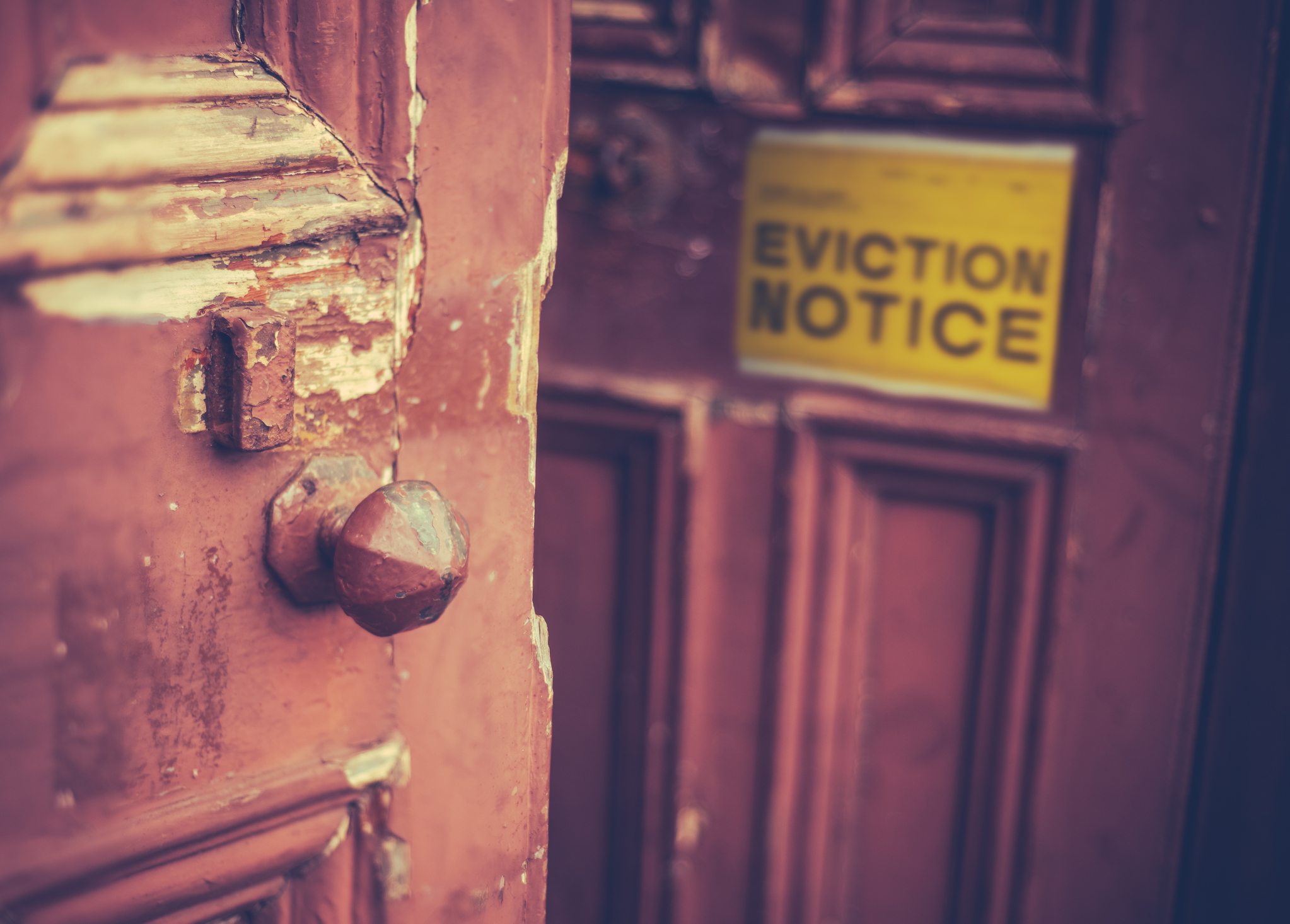Recently, there has been talk of possible policy changes that could affect tenant protections in Ontario. These include shortening eviction timelines, allowing private bailiffs to enforce evictions, and perhaps removing Landlord Tenant Board hearings altogether for certain evictions.
While up-to-date information on evictions – both formal and informal – are difficult to acquire, we know many Torontonians are affected by them. Data shows over 19,000 eviction applications in Toronto in 2014 with the majority (87 per cent) of eviction applications for the non-payment of rent.
Well-designed tenant protections are valuable to renters and support the health and well-being of tenants by providing crucial residential stability and security. The benefits these protections provide to Ontario far outweigh their costs.
Evictions harm our health
Evictions seriously harm people’s health and well-being. Being locked out of your home involves significant stress, can interrupt employment, and can lead to difficulties for children as they are forced to leave their school and friends. Evictions are deeply destabilizing not only for individuals, but also for whole communities and neighbourhoods as families are scattered and their social networks are frayed. The physical and mental health consequences of evictions can be long-lasting and multidimensional – increasing the likelihood of depression, anxiety, and emotional distress.
Evictions are often precipitated by poverty and hardships, but evictions also exacerbate these. Being evicted can intensify economic burdens and pit the need for housing against other basic needs. Evictions are also not evenly distributed across the city. Poorer families, racialized families, newcomers, and people with disabilities are at higher risk for evictions and the harms they create. Evictions widen the preventable health inequities that exist between Ontarians.
Potential policy changes could increase evictions
The potential policy changes that are being discussed will damage population health by increasing the speed and number of evictions.
- Shortened eviction timelines would give renters less opportunity to catch up on back rent and could lead to more evictions. Almost 60 per cent of eviction applications in Toronto in 2018 were due to arrears or late rent, and the majority of tenants facing evictions are working people facing short-term financial hardships.
- Allowing private bailiffs to enforce evictions in the place of public sheriffs would weaken tenants’ positions at a vulnerable time, putting things in the hands of landlord agents instead of public officials.
- Removing Landlord and Tenant Board (LTB) hearings altogether for tenants that cannot formally and speedily dispute the eviction, it could lead to more people being evicted.
- Limiting the issues tenants can raise in an LTB hearing to those disclosed in writing before the hearing would bias the process in favour of landlords. Tenants need to be able to come to the hearing and raise extenuating circumstances, such as disrepair.
Effective options to reduce evictions
There are many options for reducing evictions and partners such as legal clinics, housing help centres, and tenant associations are there to help. The province can do more to support legal clinics in offering low-cost legal advice and case management services to low-income tenants to help them avoid eviction.
The City of Toronto and community partners can continue to expand services such as landlord-tenant mediation and Rent Bank loans. The City’s Eviction Prevention in the Community (EPIC) pilot has had great success, keeping 90% of clients stably housed.
And a big and effective step would be for Ontario to take up the federal offer to implement a portable housing benefit for people whose incomes are too low to afford market rents. Housing benefits could play a role in decreasing evictions and improving affordability.
Policy changes which could lead to more evictions or faster ones will damage people’s health and well-being. Any policy change should put the health and well-being of Ontarians first and do what it can to create a system that is fair and accessible.
